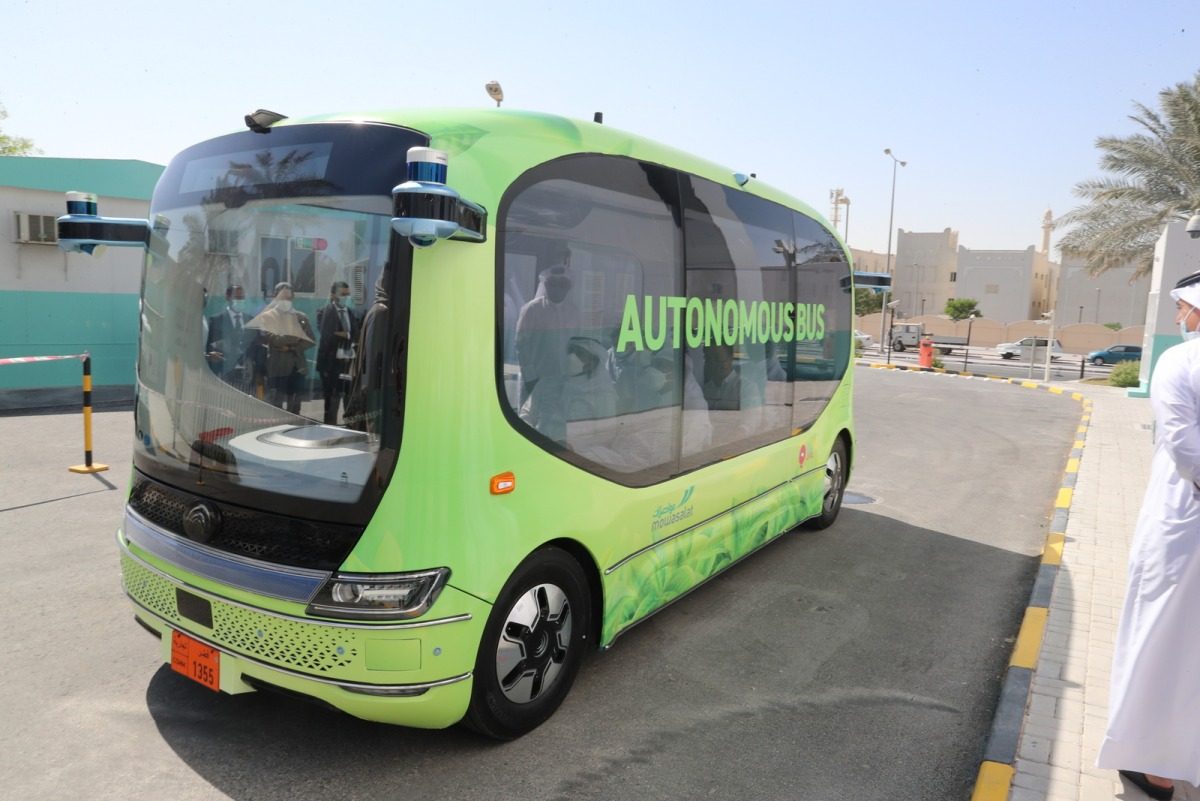Qatar’s Ministry of Transport aims to have a fully electric public bus system by 2030.
Qatar has been ranked among the top 10 global markets in electric vehicle readiness, sitting in ninth place on the latest report on the ‘Global Electric Mobility Readiness Index (GEMRIX) 2023’ by Arthur D Little (ADL).
With a conditional oil-reliant economy, Qatar’s commitment to enhancing sustainable mobility has advanced in the last decade as it falls behind the United States in EV market readiness.
GEMRIX 2023, the 3rd edition of the study, highlighted that Qatar’s dedication to EV not only aligns with the country’s 2030 Vision but comes from the recently completed 2022 FIFA World Cup.
“A boost to the EV landscape comes from the recently concluded FIFA World Cup 2022 in Qatar, where the use of electric buses and taxis raised awareness of EVs among tourists and locals alike, while also encouraging consumers to choose EVs. In addition, to bring EVs and hybrid EVs (HEVs) to Qatar, the country is forming partnerships with several international automakers,” the GEMRIX 2023 report stated.
“According to Qatar National Vision 2030, the nation aimed to achieve 25% of its public transit bus fleet to be electric by 2022 and had successfully reached this milestone by year-end,” the report adds.
Qatar’s Ministry of Transport aims to have a fully electric public bus system by 2030, a move described by GEMRIX as a “strong commitment”.
“The Ministry of Transport, in line with Qatar’s Vision, aims to switch 35% of total vehicles in its fleet and 100% of its public transport buses to electric by 2030. These strong commitments are a testament to the potential of the EV market in Qatar,” the report states.
Earlier this year, analysts from Fitch Solutions said that while Qatar’s Passenger electric vehicles “remain nascent,” there is an expectation of strong growth in adoption in the next seven years.
“Passenger EV sales are set to expand by 302.8% in 2023 to reach an annual sales volume of just under 600 units,” said the report. “Thereafter, we expect average annual sales growth of around 48% y-o-y over 2024-2032.”
Fitch Solutions highlighted that the country “will reap economic benefits from lower geopolitical risks in the MENA region.”
“Trucks, pickups, and electric minibusses will gain traction in Qatar as supply chains decarbonise and as more commercial EVs are launched. We forecast average annual sales of 8.1 percent over 2024-2032 and for commercial EV sales to reach a high of just under 2,200 units in 2032. This will represent a commercial EV penetration rate of 15 percent in 2032.”
In recent news from Qatar General Electricity and Water Corporation (Kahramaa) there are plans to set up 600 to 1,000 electric vehicle charging stations by 2025 and 2030.
Under its Climate Change Action Plan, the Gulf nation set a target of reducing greenhouse gas emissions by 25% by 2030, with the help of various initiatives and environmental projects like the Al Kharsaah Solar Power Plant.
In June, QNA reported on the launch of the first electric vehicles brand, VIM, with an exclusive Qatari intellectual property.
Global EV leaders
Elsewhere around the world, Norway is leading the global EV movement and is shortly followed by China in second place.
Known for the world’s most renowned brands, Germany is positioned in third place, with Singapore at fourth.
The UK’s adoption of one of the most rapid EV policies has placed it in fifth while Hong Kong trails behind in sixth.
Ahead of Qatar in the region, the UAE Vision 2021 has strongly emphasised EV sectors, pushing the country to seventh on the ranking. This is following by the US, in eighth place, and New Zealand in tenth.







